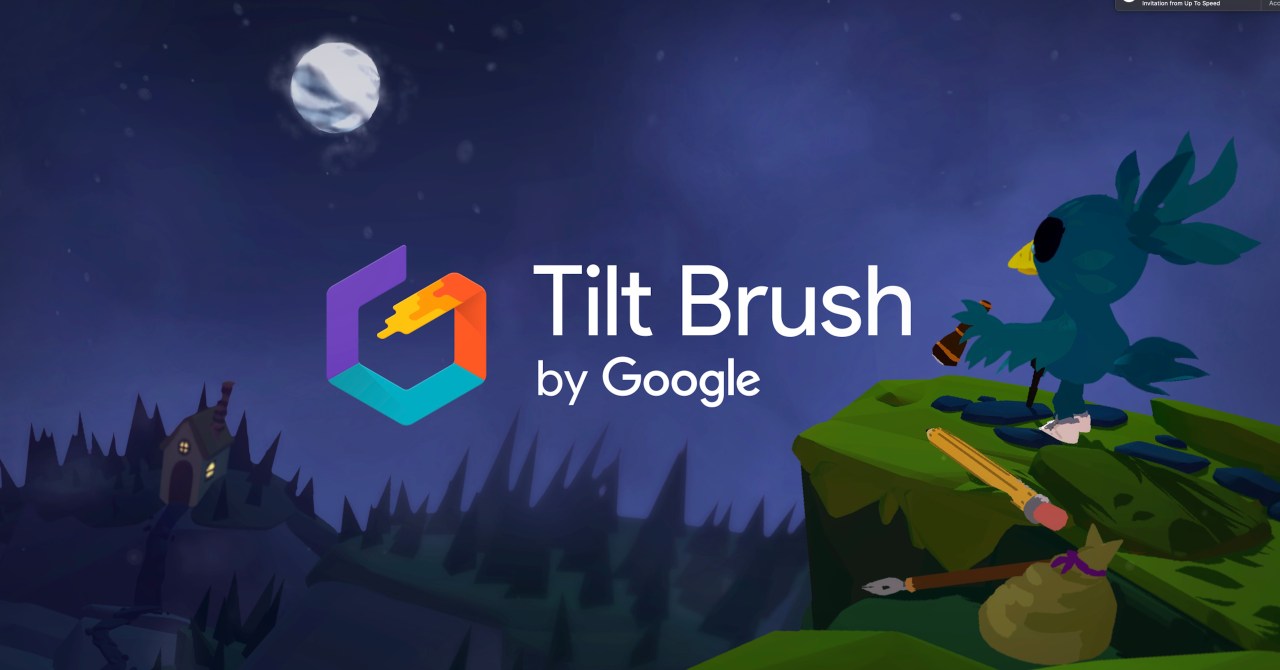As the race in the augmented reality and virtual reality space heats up, with giants like Facebook and Apple launching ambitious projects, Google’s decision to halt internal development of Tilt Brush might seem surprising. However, the tech behemoth is not leaving the VR arena empty-handed. Instead, Google is taking a notable step by open-sourcing its beloved VR painting app, Tilt Brush, allowing a community of developers to foster creativity and innovation on their own terms.
The Legacy of Tilt Brush
Tilt Brush carved out its niche as one of virtual reality’s seminal applications, captivating users with its innovative use of VR technology. By enabling users to wield virtual reality controllers like paintbrushes, artists could create intricate 3D sculptures and immersive environments that existed beyond the confines of traditional art. This groundbreaking approach helped tilt the scales in favor of VR, showcasing the artistic potential and user engagement that the medium could facilitate.
A Shift Toward Open Source
In a recent announcement, Google revealed the end of scheduled updates for Tilt Brush but emphasized its commitment to the artistic community by making the code open source. This bold move empowers developers, artists, and enthusiasts alike to explore and modify the software, thereby broadening its horizons. Google’s statement encapsulates this vision: “We want to continue supporting the artists using Tilt Brush by putting it in your hands.”
By releasing Tilt Brush on GitHub, Google is inviting a new era where creative minds can innovate and personalize their experiences. This aligns well with an emerging trend where companies recognize the importance of community input in enhancing software usability. The open-source model not only fosters collaboration but also democratizes access to high-quality tools, enabling individuals to push the envelope further.
Impact on the VR Community
The implications of this choice extend far beyond mere software availability. Artists like Patrick Hackett, a co-creator of Tilt Brush, are already making moves that illustrate the transition of ownership and collaboration in the VR space. After announcing his departure from Google to join I-Illusions, the studio behind the popular VR title Space Pirate Trainer, Hackett represents a growing wave of talent willing to branch out and explore fresh avenues.
Moreover, the closure of other projects, such as the 3D object library Poly, highlights an industry trend where platforms are focusing on key areas of development while relying on community-driven initiatives to sustain and grow earlier projects. This shift raises questions about the future of VR software and how collaborative efforts can lead to more robust and diverse applications.
Looking Ahead: The Future of VR Artistry
The open-sourcing of Tilt Brush is not merely a farewell to a beloved app; it is a declaration that the spirit of creativity continues to thrive. As the VR landscape evolves with advancements in hardware and software technology, artists now possess a powerful ally in the form of community-driven projects. They can envision and create without the constraints typically imposed by corporate environments.
One crucial aspect to monitor is how the newly formed community will modify and enhance the existing framework of Tilt Brush. The passion and creativity of independent developers could lead to an evolution of the app beyond what Google initially imagined. Whether through the integration of new technologies, features, or even entirely different artistic approaches, the possibilities are vast.
Conclusion
As Google shifts its focus away from Tilt Brush, they set a powerful precedent in the tech industry by opting for an open-source model that champions community empowerment. This decision highlights a critical turning point in the VR narrative, where collaboration and collective creativity take precedence over corporate control. With a plethora of developments on the horizon, the spirit of Tilt Brush will undoubtedly endure, thriving in the creative endeavors of its users.
At fxis.ai, we believe that such advancements are crucial for the future of AI, as they enable more comprehensive and effective solutions. Our team is continually exploring new methodologies to push the envelope in artificial intelligence, ensuring that our clients benefit from the latest technological innovations. For more insights, updates, or to collaborate on AI development projects, stay connected with fxis.ai.

